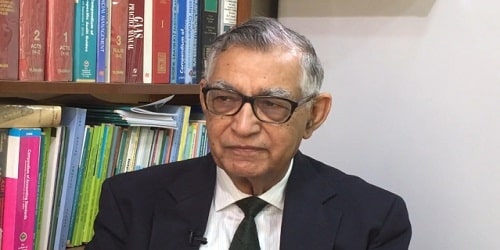On September 20,2019, Following the recommendations of an expert committee headed by Y.H.Malegam, the Reserve Bank of India (RBI) has revised the guidelines on concurrent audit system.
Key Highlights:
i. Tenure: As per the new guideline, concurrent auditors will be appointed for a period of not more than 3 years as against earlier tenure of 5 years & the age limit for retired staff of concurrent auditors will be capped at 70 years.
ii. Coverage: The detailed purview of work for concurrent auditors, coverage of business/branches is left to the discretion of the internal audit head of banks, with the prior approval of the Audit Committee of the Board of Directors (ACB) or Local Management Committee ((LMC) for the case of foreign banks) of the bank.
iii. Appointment of Auditors: The banks having the option of selecting whether concurrent audit should be done by the bank’s own staff or external auditors will remains to be left to the discretion of individual banks. They should be experienced, well trained and sufficiently senior person. They must be independent of the branch/business unit, where concurrent audit is conducted.
iv. Accountability: The appointment will be cancelled if any serious acts of omission or commission are noticed in their (concurrent auditors ) working. All banks should frame a policy for fixing accountability in these cases.
v. Remuneration: ACB/ LMC of the bank will decide the remuneration, which is to be paid to external concurrent auditors. The remuneration should meet the scope and coverage of audit, required skill sets, staff numbers and the time to be spent for the audit.
vi. Review of effectiveness: Effectiveness of the Concurrent Audit system and the performance of the concurrent auditors will be reviewed by the ACB/ LMC of the bank on an annual basis & take required steps to strengthen the system.
vii. Reporting System: After getting approval from the ACB/ LMC , Banks’ Internal Audit Department should develop a reporting system in a structured format.




